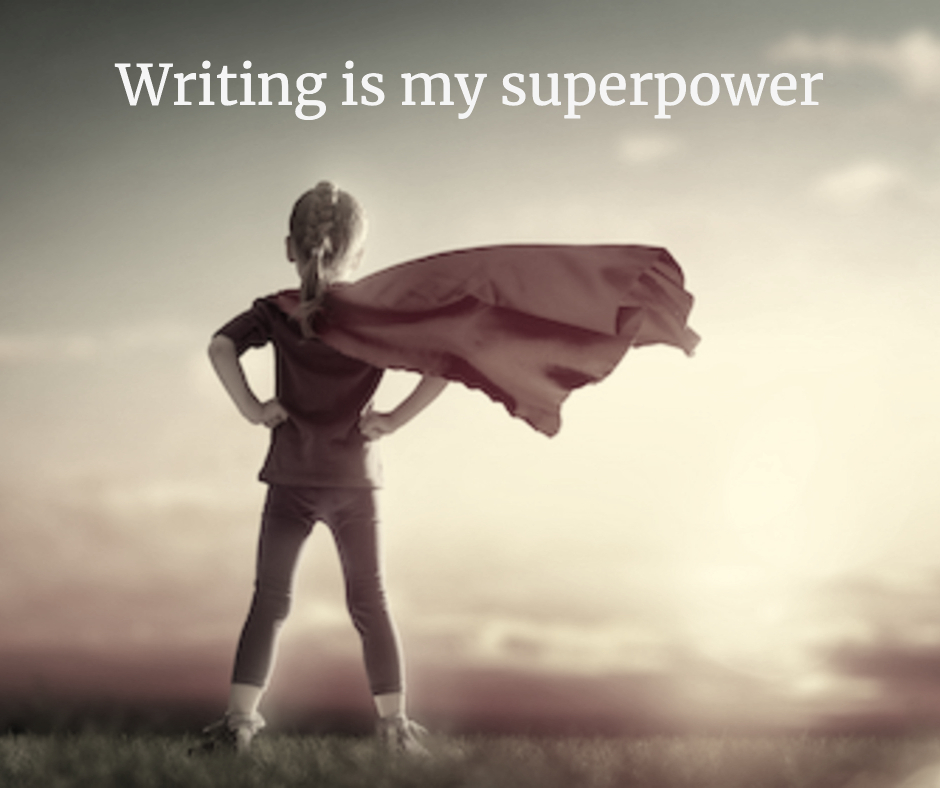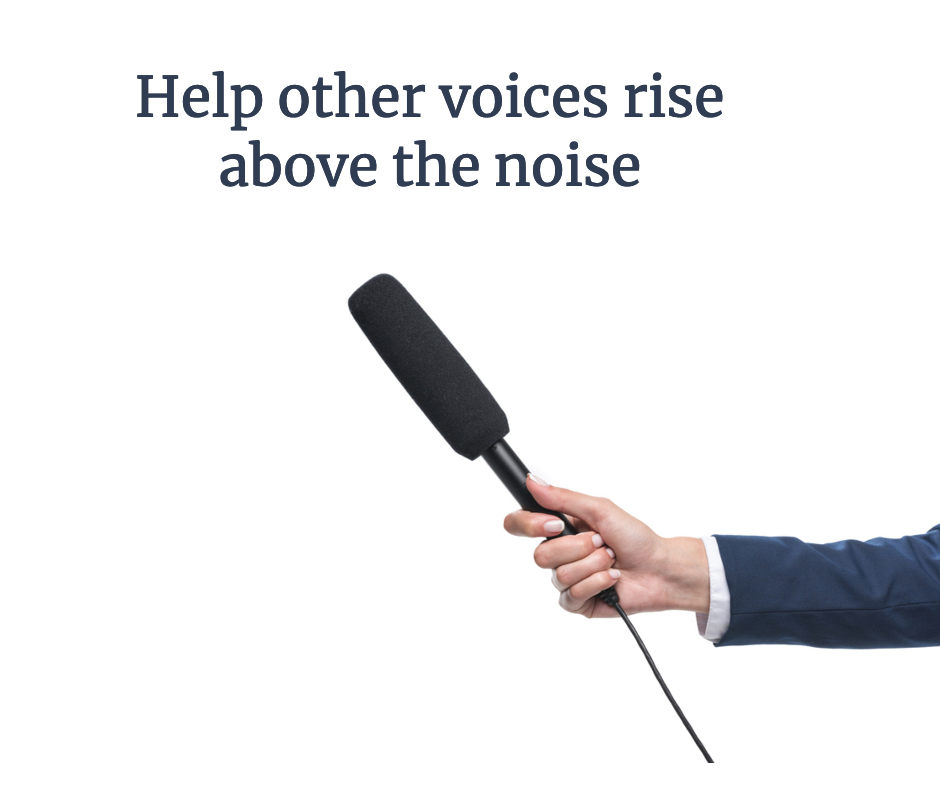
What responsibilities do nonfiction writers have in a time of violent social unrest, soaring inequality, and widespread suffering? What can you do to make a difference?
I’m not asking what you can do as an individual: as a member of your community, a citizen, a neighbor, a person of faith, a parent or child, or any of the many roles you fill. That’s up to you.
Specifically, I want to think about what we can do as writers—specifically nonfiction writers.
The Power of Writing
Writers form connections with other people through words. We share thoughts with readers, connect with other people’s insights, and reinforce our common experience. That’s a superpower.

Nonfiction writers you deal with the world in which we live, and that world is flawed in fundamental ways: racism, extremes in inequality, climate crises, and more. Even if your usual topic has little direct connection with the unrest in the world today, you may still have a role to play.
We can choose to ignore issues like systemic racism, or we can use our ability to connect with people through words in a positive way.
Anyone who connects with others through writing has the chance of making an impact, if only a small one.
You may not have anything original to contribute to the discussion. You may wonder what’s appropriate to write about, and worry about saying the wrong thing.
I know I’m struggling. Here are three things I’m doing in my writing life to address the current situation. These actions area available to each of us, no matter our usual subject areas.
3 Things Anyone Can Do Now
1. Learn and reflect
My first step is always research, or in this case, learning and reflection. I’m adding a bunch of books to my Kindle to better understand the historic, systemic, and psychological underpinnings of racism in the United States.
(See my reading list at the bottom of the post, and feel free to suggest works you think I should read.)
2. Choose the voices you amplify
Each of us can amplify the voices of those who need to be heard.

Find those writers and speakers from underrepresented groups, or those with messages of compassion, and make their voices stronger with the power of your platform.
3. Spread compassion, not fear and anger
People are enraged right now. People are fearful.
Rage and fear spread by themselves—they don’t need your help.
Focus on spreading the messages that are slower to take root but will sustain us: compassion, understanding, positive actions, and a vision of a better future.
Will It Make a Difference?
You may be thinking, “This isn’t my audience…” or “I don’t have enough of a following.”
Enough is a relative term. If others see and hear your words, you can make a difference.
And really, measuring our impact isn’t what matters. Jennifer Dulski closes her book Purposeful with this quote:
“Knowing whether we’ve had an impact on others is not the point. Living a life in pursuit of positive impact is what matters: a life of purpose, a life of service, and a life driven by hope.”
Jennifer Dulski in Purposeful
A Short Reading List for Writing for Change
Writing to Persuade – Advice from the former editor of the New York Times opinion page. Read my review here.
Writing to Change the World – Mary Pipher, author of Reviving Ophelia, offers her perspective on writing for change
The Righteous Mind – Jonathan Haidt describes our differing “moral taste buds” from a social psychology perspective; this book offers fantastic insight into people with different values than your own.
Blog reader and friend Nancy shared this list of anti-racism resources which is overflowing with possibilities.
A Reading List for Understanding
These are a few of the books that I have read already or have loaded onto my Kindle, to better understand the systemic problems we face today:
The Warmth of Other Suns: The Epic Story of America’s Great Migration by Isabel Wilkerson – Stories of 20th century migrations to the north from the south, which explain a great deal about today’s cities
Fatal Invention: How Science, Politics, and Big Business Re-Create Race in the Twenty-First Century by Dorothy Roberts – The subtitle hooked me.
Biased : Uncovering the Hidden Prejudice that Shapes What We See, Think, and Do by Jennifer Eberhardt – A cognitive science approach to bias.
I’ve created lists for these books on BookShop.Org (an Amazon alternative for print books that supports indie bookstores.) Visit the Writing for Change page.
What else should I read? Leave suggestions in the comments.